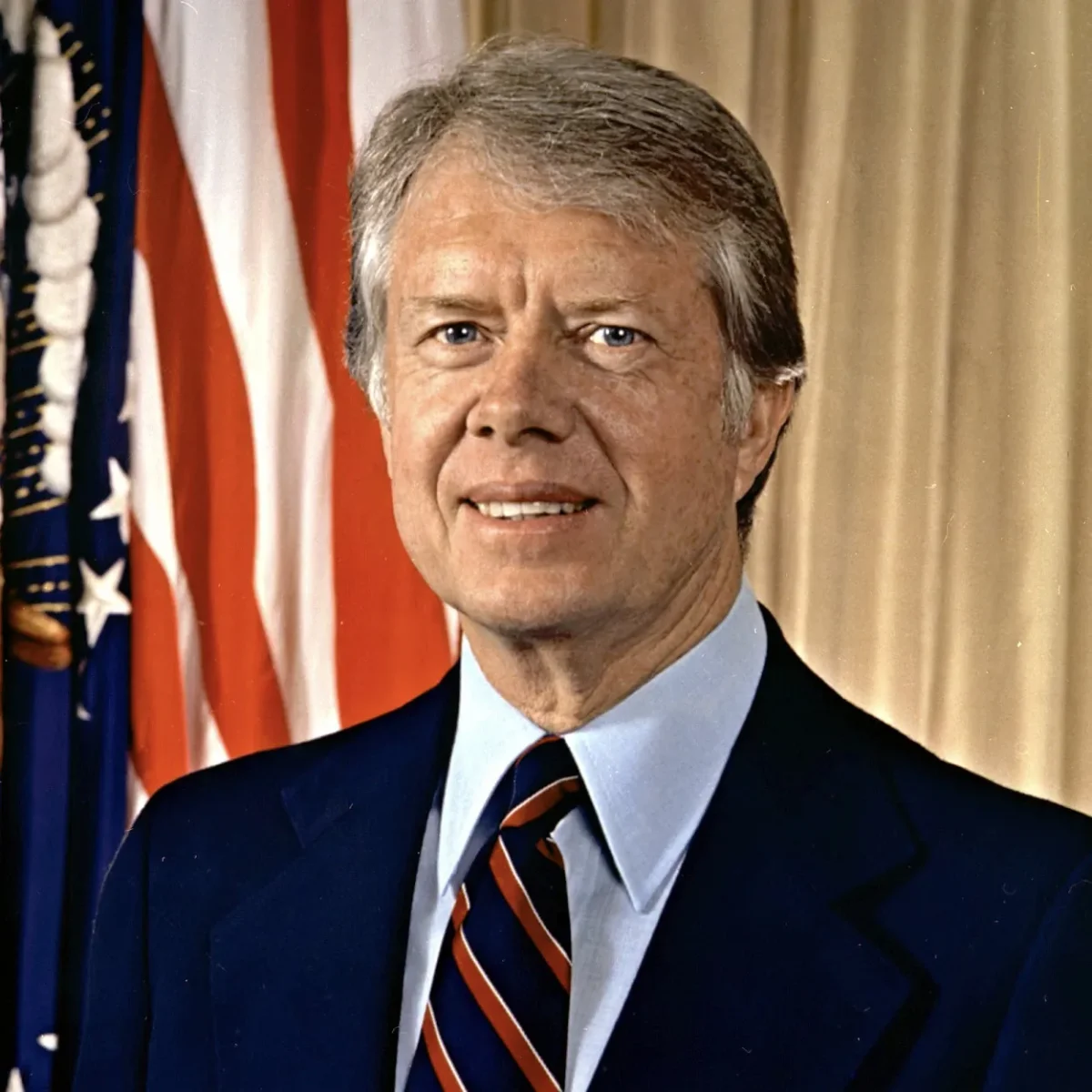The legacy of the 39th President of the United States, Jimmy Carter, is both inspiring and complicated. Carter, whose life was defined by service, determination, and an unwavering commitment to humanity as a whole, was born in Plains, Georgia, on October 1, 1924. Carter enlisted and served with distinction in the U.S. Navy before he entered politics. During his naval career, he was based in New London, Connecticut, which helped to develop his diligent and thorough style of leadership.
Carter’s 1977-1981 administration was characterized by remarkable achievements and enormous challenges. He negotiated the historic Camp David Accords, a peace deal between Egypt and Israel that is now an important piece of Middle Eastern diplomacy, on the international stage. Furthermore, his administration put an enormous value on human rights, setting an ethical standard for American foreign policy. However, both domestic and foreign crises put a cloud over his presidency. The public’s confidence in his leadership was damaged by the Iranian-Hostage Crisis, where 52 Americans were held hostage for 444 days, and a rise in inflation. He only served one term as president after losing to Ronald Reagan in the presidential election of 1980 as a result of these challenges and a failing economy.
Despite the challenges he faced as president, Carter’s post-White House years showed his moral values and his commitment to public service. By founding Habitat for Humanity, he dedicated his life to fighting poverty, strengthening democracy, and improving global health. In 2002, he received the Nobel Peace Prize for his efforts, reinforcing his position as an advocate for human rights and peace. Carter’s life included both a post-presidency that redefined what it meant to serve the public and a presidency clouded by crises but also full of integrity. His passing on December 29, 2024, at the age of 100, gives us an opportunity to reflect on a life well-lived and an inspiring legacy.















